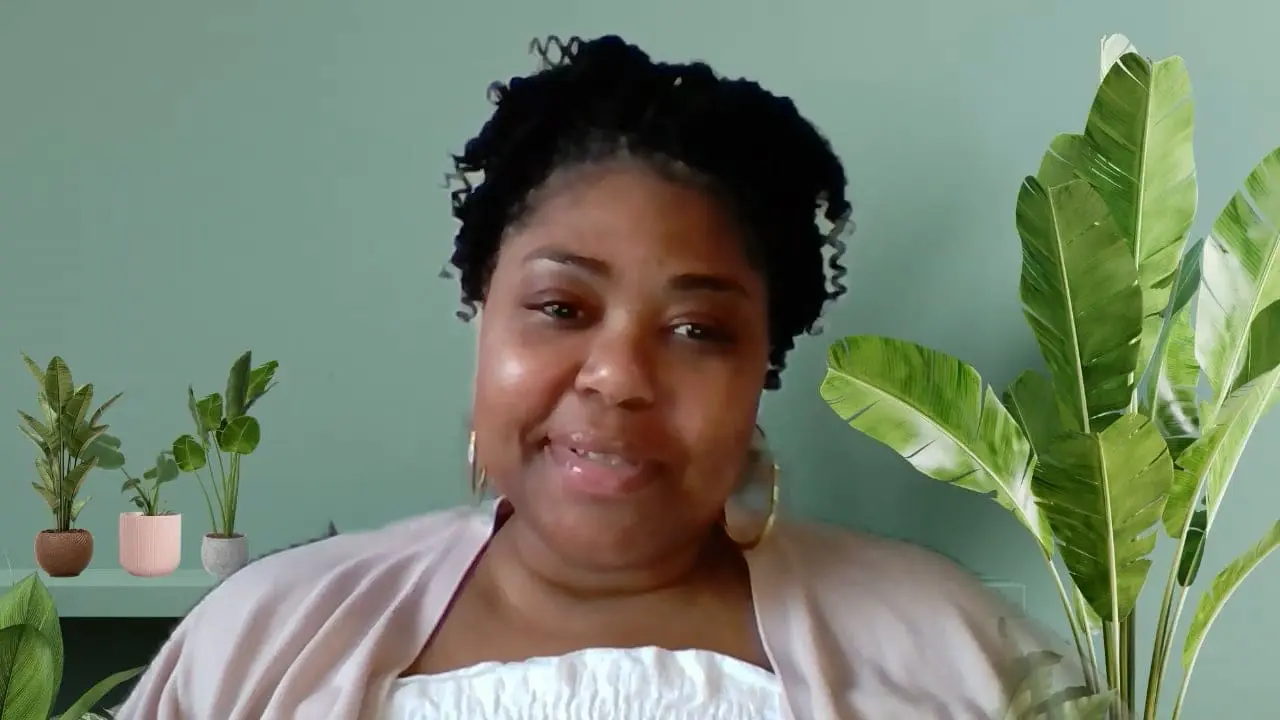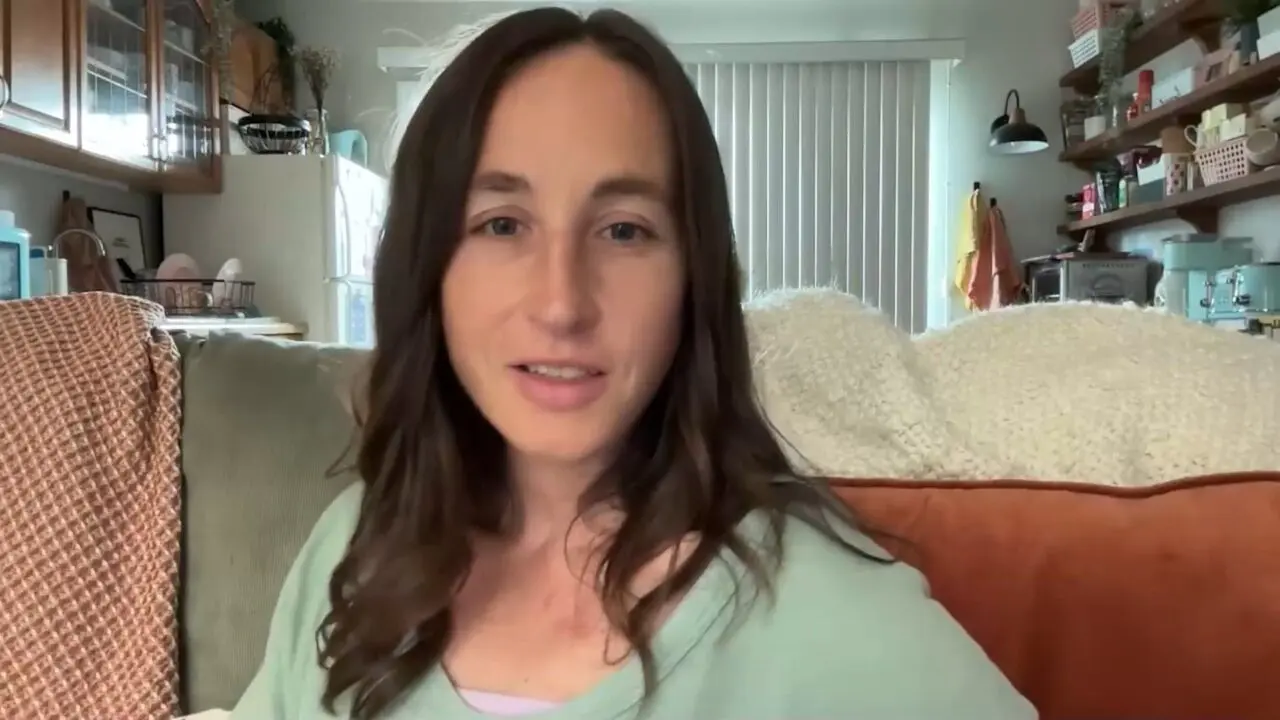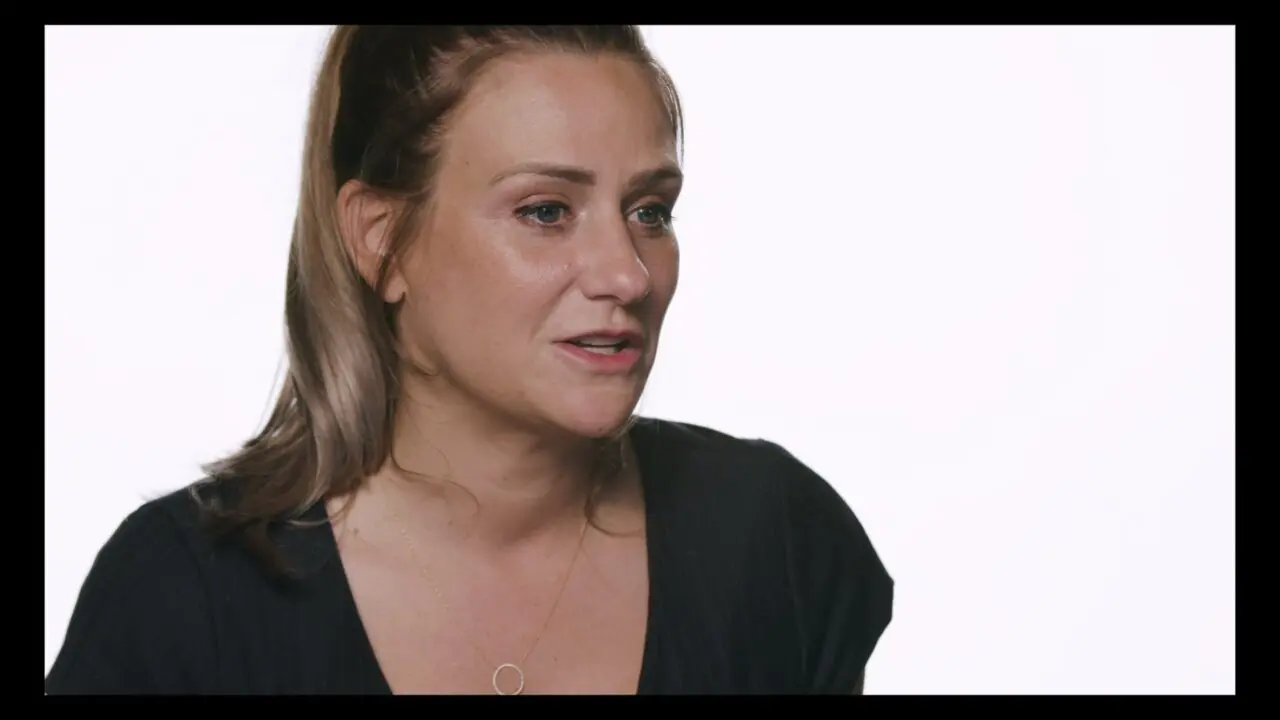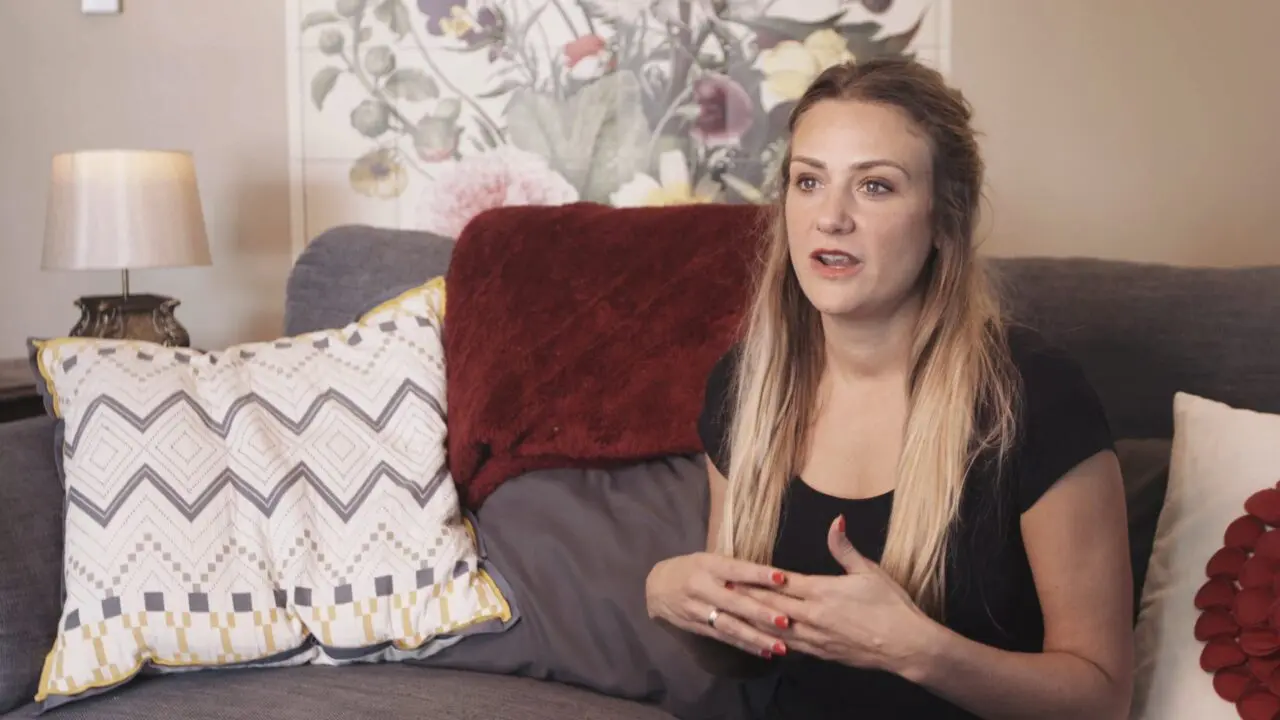Storytelling
Telling your story can help you find more peace and meaning in your life. And, it can help you build community.
Stories

FINE. The most harmful four letter word in mental wellness. The F‑bomb that no one talks about.

Sharing my own personal story has been really scary...and a lot of times it's ben and felt unsafe.
Community Tips
Being Native, storytelling for my tribe is such a part of our Identity. But a lot of that got lost with war, genocide and the things white people brought. But, storytelling is still one way we can share our many strengths and lessons. That’s good for our mental health ‑ it has always been.
What I’ve been through has changed me. Sometimes for the better, sometimes for the worse. But I got through it. Telling my story has helped me love and accept myself more. It’s helped me see how strong I am. That I’ve done the best I can.
When I talk in [Now Matters Now] meetings, I feel less alone. The other people get what I’ve been through. I learn from them and they learn from me. It’s hard to open up but it helps.
I lost two family members within a month. I was like a zombie and I hated to be around people. My persistent friend texted me this Storytelling page and asked me to talk about what things have been like since my Mom and Grandma died. It felt impossible at first, but he’s really a patient listener. It was the beginning of the shift towards coming awake again.
I have this really painful story from when I was a kid and I was crying for my Mom to help me but she didn’t. The first time I told a friend as an adult, I was a little surprised to find myself sobbing. I just let it happen ‑ glad I did.
When I’m in the red emotionally, I can yell and say cruel things. When I’m not in the red, I’m pretty ashamed of it. I was in a meeting with some other people who can relate to that. I shared a few examples ‑ as did they. I feel like my self‑hate level went down like 20%.
I had a therapist that suggested I write her emails. At first I was scared and reluctant; what could writing things down possibly do? But once I started giving words to my daily experience and then pressing send, I started to see the power in sharing my story. It wasn’t even about her responding; just the act of giving myself permission to pay attention to my inner world and then getting it outside of myself rather than holding it all in…it changed things.
As I’ve practiced this skill, I’ve realized that I have different stories inside me‑old stories, current stories, and future stories. By sharing with people I trust, I’ve been able to choose which stories I want to pay attention to in the present. Sometimes old stories come up that are a part of me but aren’t very helpful; by acknowledging them and allowing space for them, I can get to a place where their noise isn’t so loud and there is room to create new stories.
Why Use this Skill
Life can be overwhelming if you feel like you have no control. Telling stories can help you connect the dots and see the ways that you do have power. It’s not about “seeing the bright side,” but about seeing things clearly and making sense of your experiences. Storytelling can help you better understand yourself, how you’ve grown, and what’s most important to you. Also, by sharing your stories with others, you can help them in their journeys by teaching them new things and helping them feel less alone. Stories connect and empower us.
When to Use This Skill
Use Storytelling when:
- You want to feel empowered or self-assured.
- You want to connect with others and build community.
- You’ve experienced traumas or difficult life experiences.

Reducing Shame Video
UrsulaHow to Use This Skill
Storytelling is about, well, telling your story. You can tell a big story—like your life story, including all of your history—or a small story—like how you practiced a new coping skill when you were upset yesterday. You can tell your story just to yourself, or you can share your story with other people. Sharing the facts of your story, and what it felt like, can help make meaning out of your experiences.
By creating a narrative about your life (or a specific problem or experience), storytelling can help you better understand who you are, how you’ve ended up where you are right now, and how you may be able to get where you want to go in life.
Here are some ideas:
- Keep a daily diary, start a blog, or journal about past experiences.
- Attend a Now Matters Now meeting, or other support group, and share your story.
- Record yourself telling your story out loud.
- Draw, paint, dance, or otherwise express your story and your experiences through art.
- Create the table of contents for your memoir. What would the title of your memoir be? If you were to have a separate chapter for each stage of your life, what would each chapter be called? Try writing one sentence or one paragraph that summarizes each chapter.
- Use chain analysis to understand why you behaved in a way that you wish you hadn’t.
- Tell a trusted friend about a difficult life situation you’ve been through.
- Use our Skill Story Guide to describe how you used a coping skill or use it to plan how you’ll use it.
- Explore your answers to questions like:
- What events (or which people) have impacted me the most in my life? How did these events/people change or shape me? How did I change or shape them? How have I grown beyond them? Who am I now because of them?
- What is most important to me in life? What parts of my life do I most dislike, and what parts do I most like?
- What is my biggest current problem? When did it start? Why do I view this thing as a problem? How does it impact my life? How do I wish things were instead? What things have helped me with this problem before? When was the last time I didn’t have this problem? How did I feel during that time, and how did I manage to avoid the problem?
- What (or who) gives me joy? What (or who) gives me pleasure?

Impact Video
UrsulaResources
Expert on Mental Illness Reveals Her Own Fight
profile on Marsha Linehan in the New York Times
Celebrating Native Cultures Through Words: Storytelling and Oral Traditions
Resources from the National Museum of the American Indian
Storytelling with Now Matters Now
A series of videos from Now Matters Now on how to use Storytelling
Related Skills
Wise Mind
Find your inner wisdom.
Radical Acceptance
Acknowledge what’s true and let yourself grieve.
FAST Skills
Increase your self‑respect within relationships.
GIVE Skills
Improve your relationships and ease conflict.